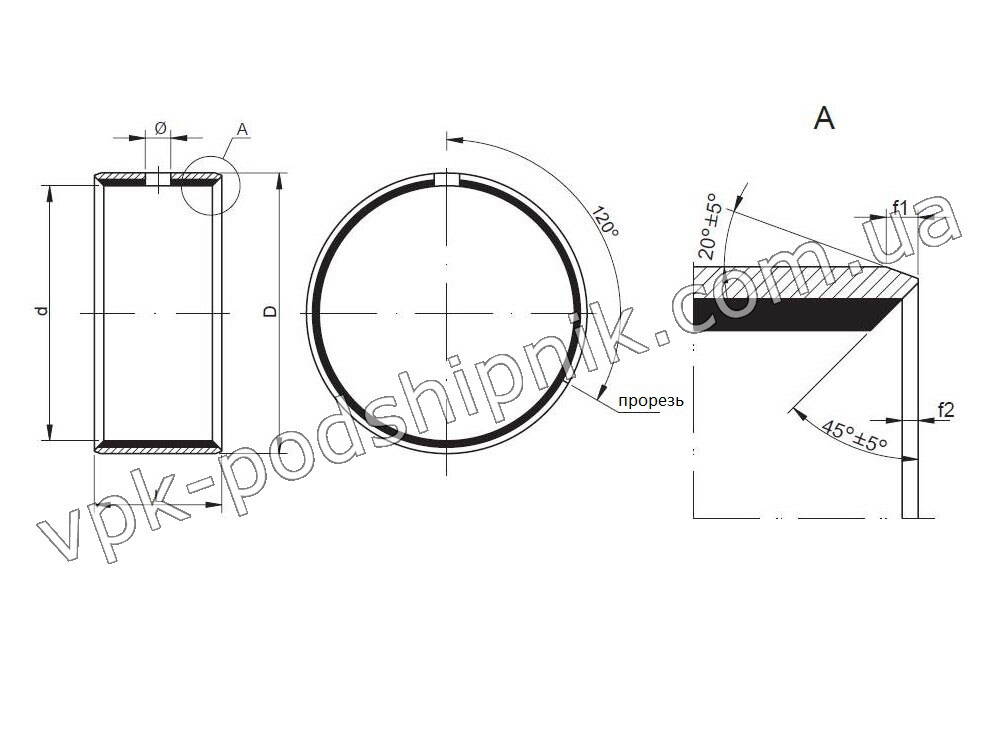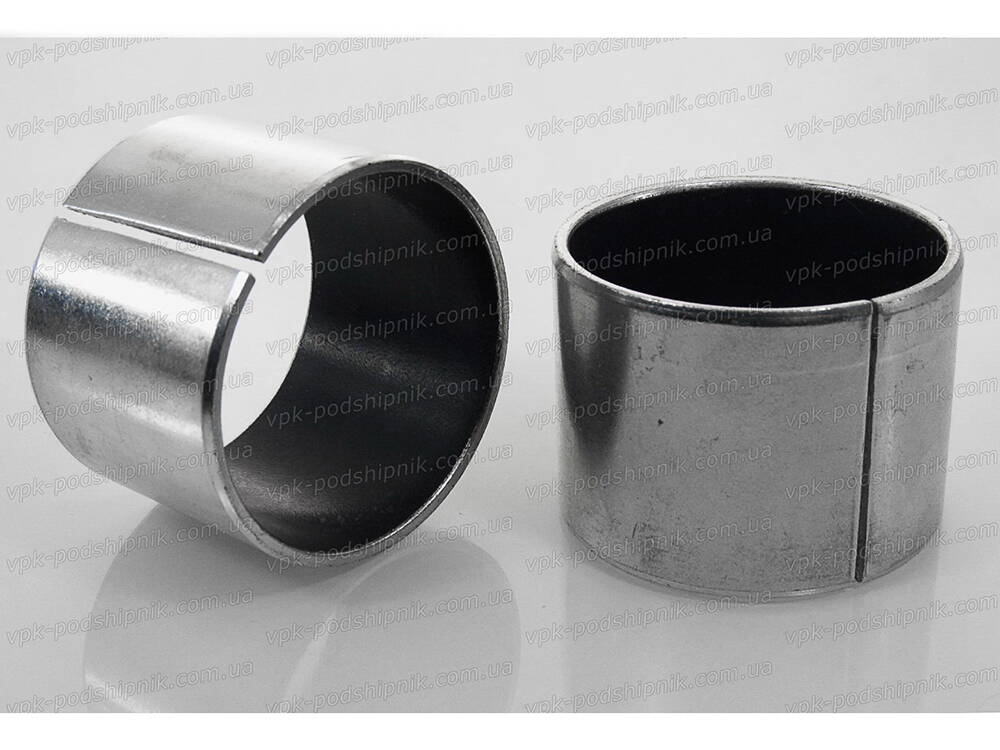Bushings / Bushings

1) This description is for informational purposes only and we assume no responsibility for any inaccuracies, errors, etc.
2) The weight of less than 0.001 kg is indicated as 0.001 kg
3) The sketch does not contain all the design features of the productGo to purchase
Bush SKF PCM130135100E
| Brand | Country of origin of the brand |
|---|---|
| SKF | Sweden |
The dispatch of the goods is carried out within 1-2 banking days from the order day!
Sketch

Characteristics:
(SKF PCM130135100E)
| Bearing inner diameter d | d | 130 | mm |
| Bearing outside diameter D | D | 135 | mm |
| Sleeve length L | L | 100 | mm |
| Dynamic load rating C | C | 1020 | kN |
| Static load rating Co | Co | 3200 | kN |
| 0.78 |
2) The weight of less than 0.001 kg is indicated as 0.001 kg
3) The sketch does not contain all the design features of the product
Application
SKF PTFE Composite Bushings are self-lubricating, maintenance-free and provide long service life due to low friction. Despite their compact design, they can withstand large radial loads and are suitable for relatively slow rotary or oscillatory movements. They also have good dimensional stability and thermal conductivity. Composite PTFE bushings consist of a backing of sheet steel on which a porous layer of 0.2 to 0.4 mm thick tin/bronze is welded. In addition, during the rolling process, the pores of the sintered layer are filled with a mixture of PTFE (polytetrafluoroethylene) and molybdenum disulfide additives. This additional lapping layer, 5 to 50 µm thick, provides an optimal combination of the mechanical properties of the sintered tin/bronze and the good sliding and lubricating properties of the PTFE blend. During a short running-in period, a small amount of PTFE material from the running-in layer is transferred to the running surfaces. After such transmission, the characteristics of low friction and wear resistance of these bushings are achieved.Permissible operating temperature range -200 to +250 °CPermissible loadPermissible sliding speed 2.0 m/sChemical properties The steel base and the sintered tin/bronze layer are the main determinants of the chemical resistance of SKF composite plain bearings, as the sliding (cover) layers are resistant to most chemicals.All exposed surfaces of the steel base are electro-tinned, but in most cases this provides only limited corrosion protection.



